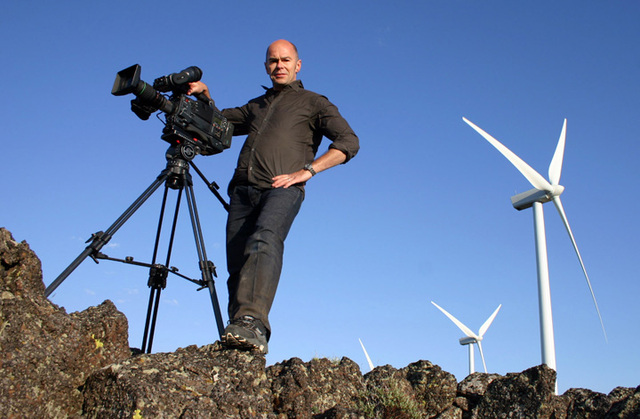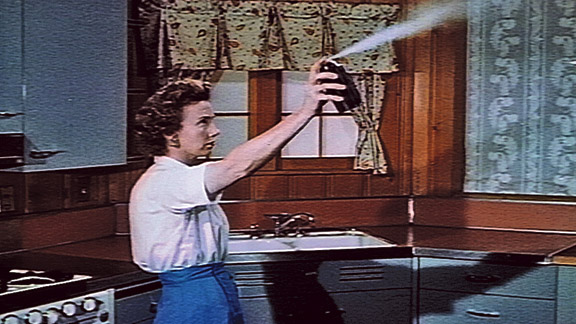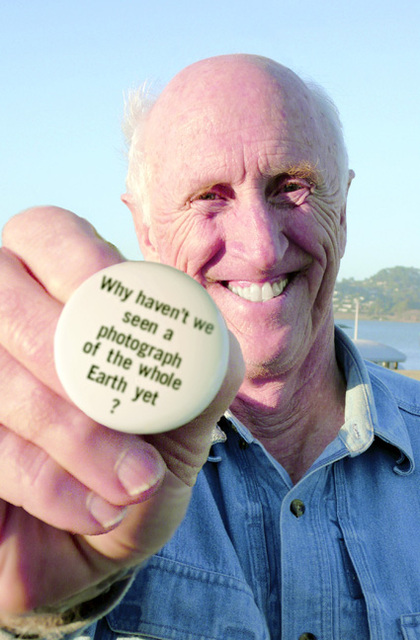Film Review: Earth Days
Inspirational Documentary Gives Us A History Of The Environmental Movement And Cleans Up After Itself


“Take that

ozone layer!”
Latest Article|September 3, 2020|Free
::Making Grown Men Cry Since 1992


“Take that

ozone layer!”